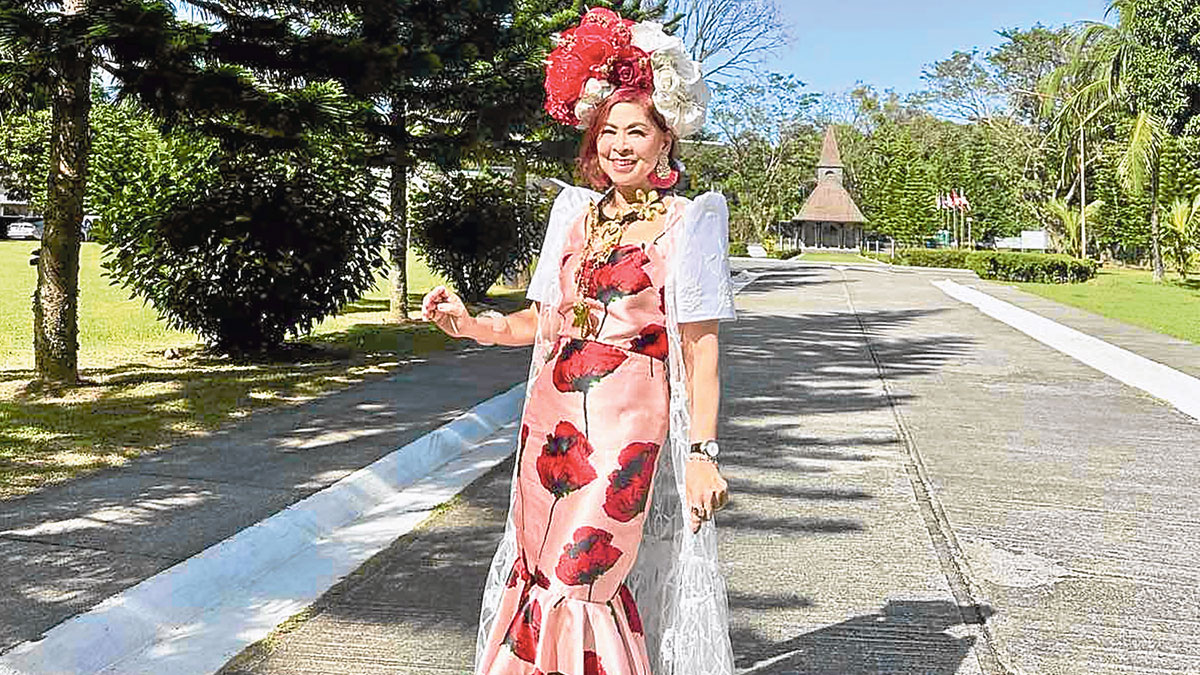Francis is rattling conservatives in his church again. Short of recognizing same-sex marriages, he has softened his stand on homosexuals, if not on the issue itself: They are no longer the abomination that the church has regarded them.
“Who am I to condemn others?” says Francis, suspending his own judgment, and no telling where he might be going from there.
He wants “to create a more inclusive church and reach out to lapsed Catholics who might have left the fold.” This challenges the conservatives’ wish for the church to “hold a firm line against what they see as a widespread sexual immorality, particularly in the modern West.”
Such is the line that separates, nay, excludes, certain sinners from their exclusive moral club.
Inclusiveness
But it’s the Pope himself who now threatens that exclusivity, as regards not only homosexuals but all Catholics driven away by any discriminatory sense on the part of the church. A first effort in his strategy of inclusiveness is to welcome them back and make all members of the church, they and everybody else, equal stakeholders in it; he wants them to support it and it to support them.
Francis prefers their sincere donations to the large but dirty money the church has been accepting from sectors of dubious intent. He wants the church to live off the support of the faithful and dispose of assets of purely material value. In perfect character, he wants his church stripped off its trappings of wealth; he wants it to become, truly, a church of the poor.
It is the conservatives’ fear that Francis may be overdoing this welcoming bit, such that, pretty soon, just about anyone will be receiving Holy Communion. After the gays, who’s next?
Well, two more batches of otherwise doomed people may be next—those who, for lack of either a Catholic wedding or a church annulment, are “living in sin,” and those who have committed the sin of abortion.
For the benefit of divorced or remarried Catholics, Francis has made the process of annulment easier, faster and cheaper. A church blog informs us how: 1) by eliminating the required second review by a cleric; 2) by giving the bishops the ability to fast-track (45 days) and grant the annulment themselves in certain circumstances; 3) making the process virtually free of charge—only the nominal administrative costs will be paid.
I’m not about to rush off to the marriage tribunal, but I do appreciate his efforts for making it doable. Everything this Pope says and does truly affirms the God of love I’ve always believed in, in my heart. Like Him,
Francis is full of compassion, predisposed more to give his flock the benefit of the doubt and to be merciful than to punish it with exclusion.
Absolution
Francis has also flung wide open an otherwise forever-shut door to the “excommunicated.” Thanks to him, those who have had, or participated in, an abortion may receive absolution by an ordinary priest, no longer a bishop, not an easy authority to find. After that, Communion!
Francis has declared 2015 the Year of Divine Mercy, when the once unforgivable can be forgiven. The papal pronouncements for all this were made known only after the synod in September. More guidelines, regarding, for instance, the question on the “dissolubility of marriage” and gay concerns, are yet forthcoming—after the October synod, where these matters will be further debated.
The year is nearly three quarters done, and it’s not clear if Divine Mercy is co-terminus with the year, but for someone like writer Desirée O’Clair, it’s come too late.
“Twenty-five years ago, this could have changed my life,” she said. “I’m a Jew now.”
O’Clair lost hope—precisely what Francis won’t deny anybody, even those on death row. He is against the death penalty precisely because it takes away all hope. I rephrase his words:
We cannot judge people without giving them hope to become better; we are all responsible for one another. The people in prison are but the “symptoms” (his own word) of the illnesses and shortcomings of the whole society and therefore the burden of rehabilitation falls on society itself. Sinners all, we ourselves need to be rehabilitated and purified of sin. And Francis not only includes himself but in all humility asks for prayers for himself.
Contradiction
Indeed, why shouldn’t everyone, being all sinners, be welcome to the Eucharist in the celebration of Mass? Communion would become truly a time of coming together in Christ, not, in a marked contradiction, a separation between those invited to the table of Christ and those not.
Whenever I go to Mass, and, because “living in sin” is what I’ve been judged to be, I feel like a guest invited to a wedding, but not the reception.
During our child-bearing days, something else kept us from communion—birth control pills. Of course, my peers and I could get around it by choosing our un-queasy priests.
Even now, there may be an open-minded priest who may give communion to those in my situation. As one priest not so wholly predisposed once told me, “go to a church where you’re not known.” In other words, he wanted me to sneak around for my Eucharist.
I don’t think religion should make life harder than it already is. Francis is at least trying to do his part, “not by rewriting core doctrine but by encouraging Catholic clergy to be more merciful and flexible in how they enforce church rules.” He may be able to do only so much, but he will never hear me complaining.
Still, I simply can’t help feeling deeply for the likes of Desirée O’Clair, for whom it’s too little, too late.











































